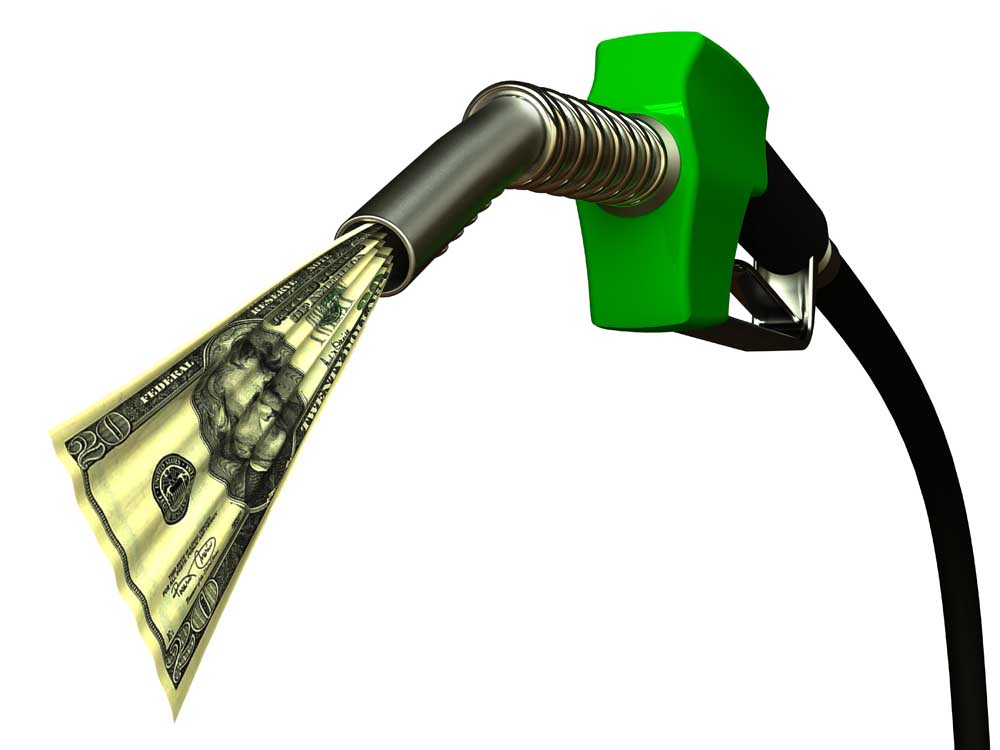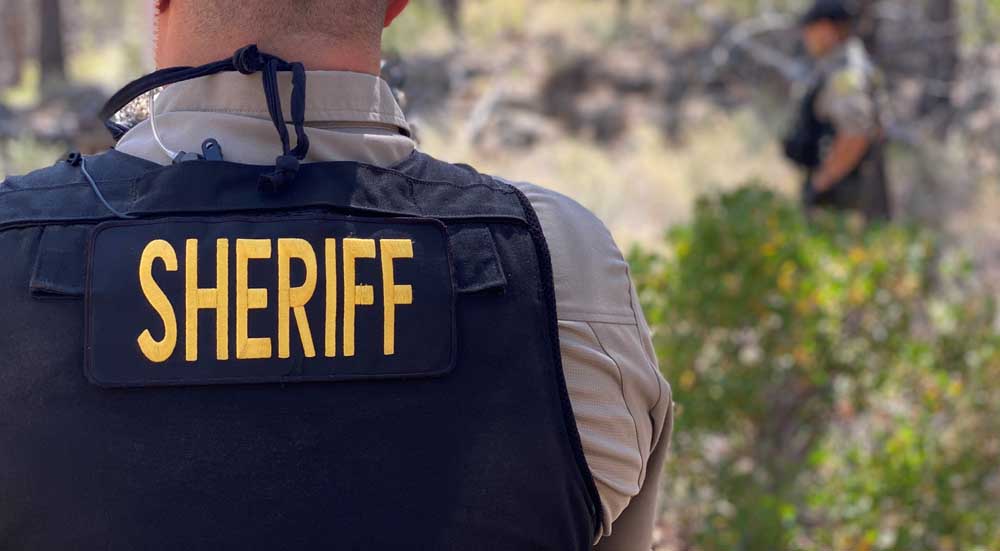Editorial: Department of Justice orders release of records related to Oregon’s super-secret gas tax
Published 12:00 am Friday, November 9, 2018

- 123rF
For an organization devoted to clear air and clean water, the Oregon Department of Environmental Quality is remarkably tolerant of potentially toxic secrecy. The same cannot be said, fortunately, for the state Department of Justice, which ordered DEQ this week to come clean with public records The Bulletin’s editorial board requested in October.
The records show the movement of money under the state’s Clean Fuels Program, which requires motorists to subsidize the alternative-fuel industry by means of a credit market that now operates in the dark. The program certainly is well-intended, but its complexity would make it difficult for journalists and taxpayers to monitor even if everything happened in the open. Unfortunately, many of the industries involved prefer darkness, and DEQ has been more than happy to hide the lightbulbs.
The Clean Fuels Program aims to slow climate change by reducing the “carbon intensity” of road fuels. Carbon intensity refers not only to emissions produced when fuel burns in a vehicle’s engine, but also to emissions produced when fuel is extracted, refined, transported and stored.
Gas and diesel importers can reduce their products’ carbon intensity to some degree by blending them with cleaner biofuels. But blending has its limits, and the state’s carbon-reduction requirements increase steadily over a decade. Eventually, fuel importers will accumulate deficits, which they may offset by buying credits generated by biofuel producers, electric utilities and even public transit districts. Because gas and diesel importers can simply pass this cost along to consumers, the program acts as a de facto fuel tax.
Since 2016, when the program went fully into effect, nearly $22 million has changed hands through the purchase and sale of credits. In October, the most recent month for which information is available, 16 transfers occurred involving more than 21,000 credits with a total value of nearly $1.8 million.
But who, we asked DEQ, is involved in each of these transactions, and how much money are they spending and collecting?
The agency refused to say, arguing that such information amounts to trade secrets that are conditionally exempt from disclosure under state law. Information that is conditionally exempt may be disclosed if doing so serves the public interest, but DEQ maintains that is not the case here. The agency has argued, among other things, that releasing transaction information might destabilize the credit market, which is what some of the secretive industries involved in the Clean Fuels Program had told DEQ.
The Department of Justice, to which we appealed DEQ’s denial, ordered the release of the records this week. In a five-page decision signed by Deputy Attorney General Frederick Boss, the agency poked a number of holes in DEQ’s reasoning, even wondering whether the information requested should be considered a trade secret in the first place.
And as for the DEQ’s concerns about credit-market disruptions, the DOJ concluded that transparency might, in fact, make the market work better. University of Oregon economics professor Bill Harbaugh, whom the DOJ consulted, “observed that transparency should make it easier for the market participants and others to detect any collusive — and potentially illegal — market behaviors that could contribute to market inefficiency.”
In the end, the DOJ concluded, “any economic impact disclosure may have on individual participants or to the broader credit market will be offset by the benefits of transparency.” These benefits “include greater understanding of who profits financially from this consumer-funded regulatory program.” This is information the people footing the bill for this subsidy program deserve to know.
Following Tuesday’s decision, the DEQ has seven days in which to provide the records or announce that it intends to take the matter to court. It should choose the former. Surely the agency doesn’t want to spend public money to defend a secretive arrangement that is, as the DOJ suggests, more conducive to dirty business than an open one.
As of Thursday afternoon, the department was still “reviewing the order and considering its options,” according to Clean Fuels Program coordinator Bill Peters.








